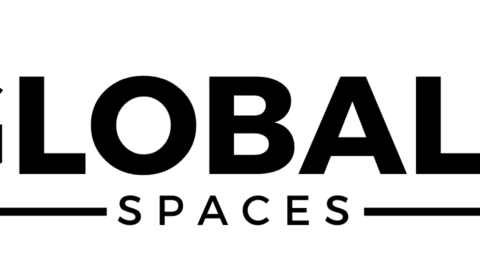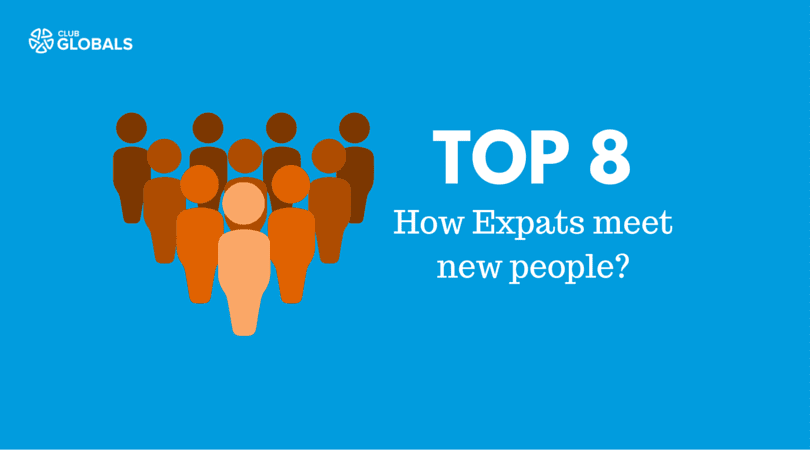How to get a work visa in Germany
As March 2020, the new Skilled Immigration Act came to effect to improve and facilitate the arrival of international labor into the German market. The laws for qualified professionals with university degrees are now more flexible. More importantly, expanded to workers with vocational non-academic training.
To help you pursue your dream career, here you will find a complete guide of how to get a work visa in Germany.
To start: what makes a qualified professional?
Is considered in this category, any candidate with a tertiary education degree (concluded within the country or abroad) or with vocational training of at least two years of length. In both cases, you will need to obtain official recognition of your professional qualification, before applying for the work visa.
This procedure is mandatory for regulated professions, such as engineer, teacher, lawyer, doctor, nurse and other health related occupations. In this case, a written permission to exercise your profession can also be asked by the German mission abroad. The recognition prerequisite does not apply to non-regulated careers. Such as chefs, artists, managers and athletes; but is encouraged to assist employers in the moment of hiring. Same rule applies for candidates who have completed their professional training or higher education in Germany.
At the Anerkennung In Deutschland website, you can find the complete list of regulated and non-regulated professions, as well as the step by step to get your recognition. Your visa application will not be processed if your qualification has not been officially recognised yet. So that should be your priority.
Job Seeker Visa and the saga for a job opportunity
One of the biggest additions brought by the new Skilled Immigration Act is the suspension of priority for EU members. That means that the Federal Employment Agency no longer checks if the position could be occupied first by a German or European citizen; giving equal opportunity for qualified workers. The new law also states that international job opportunities are no longer restricted to occupations experiencing shortage.
If that is not already a big help, the Job Seeker Visa comes to facilitate even more for you to find your dream job. This type of visa, allows qualified professionals to enter the country and stay up to six months to get a full time contract with an employer. All you need is to have your qualification recognized (if it is the case), proof that you can financially support yourself during the period, and present level B1 of knowledge on the German language. With the Job Seeker Visa, you are authorized to work up to 10 hours per week on a trial basis.
Getting your skills developed
In specific cases, the German authorities might conclude that your qualification does not meet the position’s requirements. For that situation, there is the visa for Training and Skill Development. The documentation prerequisite is to present level A2 of knowledge on the German language, and it gives the candidate a residence permit valid for 18 months, extendable for another 4 months. During this period, you will be able to apply for a study or work permit within the country.
How to speed up the process?
If you already found a job opportunity, you can get in touch with your employer to submit a fast-track application. In this procedure, the professional needs to authorize the future employer to send the documentation for the local foreigner’s authority. They will be the ones responsible for obtaining the approval from the Federal Employment Agency. Once you receive the preliminary approval, you can make a visa application appointment at your local mission abroad office. This option costs 411 euros and can take up to six weeks.
Can my family come along?
The visa procedure also covers the candidate’s spouse and minor unmarried children. For the approval, all the applications (including all the members) should be submitted at the same time. The applicant must also provide proof of financial means for the entire family’s living and housing cost, without any support from the German state.
Important to mention: this condition does not extend for the Job Seeker kind of visa.
What are the exceptions?
The visa rules apply differently for members of the EU freedom of movement regime; including all European Union member states, as well as citizens of Iceland, Switzerland, Norway, Liechtenstein; who can enter the country without a visa and are not required to obtain permission to take up employment. Changes also affect citizens from United States of America, Canada, Israel, Korea, Japan, Australia and New Zealand. In their case, they are allowed to enter Germany without a visa and submit an application for residence within the country.
Especial rules also apply to candidates over 45 years old. If that’s your case, your gross annual salary for the position you’re about to take should be of at least 45,540 euros and you must provide proof of old age pension provisions as well.
Here you are: a complete guide to start your work immigration! And don’t forget; you can always count on us to help you make your international life easier.
For further information, visit the Federal Government portal for foreign skilled workers: www.make-it-in-germany.com









